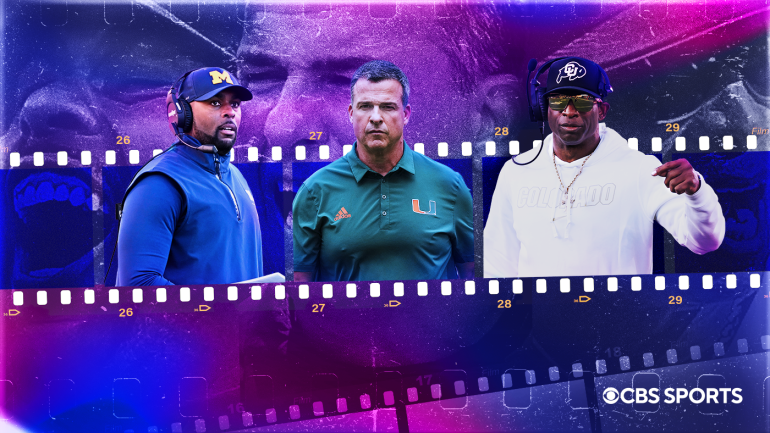

College football has changed a lot over the last decade, and I’m not just talking about conference realignment or College Football Playoff expansion. It feels as if the entire sport has shifted in recent years, and our annual coach rankings provide an excellent example.
Over the last decade, these rankings have included coaches from the Power Five conferences. Well, now it’s the Power Four thanks to those aforementioned realignment moves. Aside from that difference, there’s the method by which we rank them. We achieve results using the same process we always have. Our panelists from across CBS Sports and 247Sports submit their ballots and we compile them the same way you would any top 25 poll.
What’s changed, however, is the way we’re forced to judge the coaches.
There is no set guideline. Some rank based on what their coaching hot board would look like if they were an athletic director looking to make a hire. Others put more emphasis in on-field accomplishments. But how do you decide what’s more important when there are so many different factors in play?
Do you prioritize a coach who recruits and develops at the high school level over a coach who crushes it in the transfer portal? Would you rather have a coach who makes intelligent in-game decisions? Do you want the CEO who holds it all together while delegating to assistants? What about their ability to unify the school around name, image and likeness and recruiting efforts? How well do they retain their own players versus raiding the rosters of others?
This process is not easy!
Which is why having so many different voters is for the best. With different approaches, the consensus opinion is useful, even if you don’t agree with every single ranking, and I know you don’t.
Power Four Coaches Ranked









